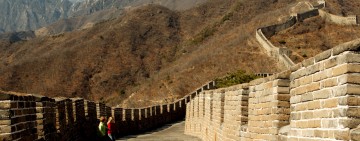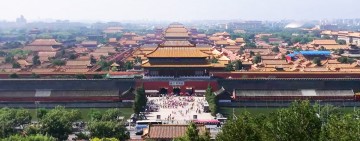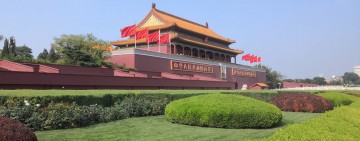How to Pay for Things in China
Last updated on 2025-03-22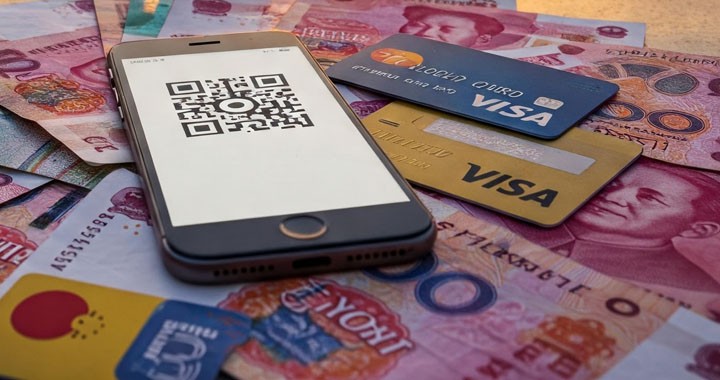
Traveling to China can be an exciting experience, but understanding the payment landscape is crucial. Here's a comprehensive guide to help you manage your finances during your trip.
Cash, Credit Cards, or Mobile Payments in China?
China boasts one of the world’s most advanced mobile payment systems, with mobile payments being more widely used than cash, particularly in major cities. The two dominant platforms are Alipay and WeChat Pay, while Apple Pay is rarely used in the country. QR codes for mobile payments are ubiquitous—whether you’re hailing a taxi or buying street food. These platforms are not only convenient but also widely adopted by people of all ages, though younger generations are particularly reliant on them, often using them exclusively.
As of now, both WeChat Pay and Alipay allow foreign visitors to link their international credit cards (e.g., Visa, MasterCard) to their accounts for payments to businesses. However, transferring money to individuals via these platforms is still not permitted.
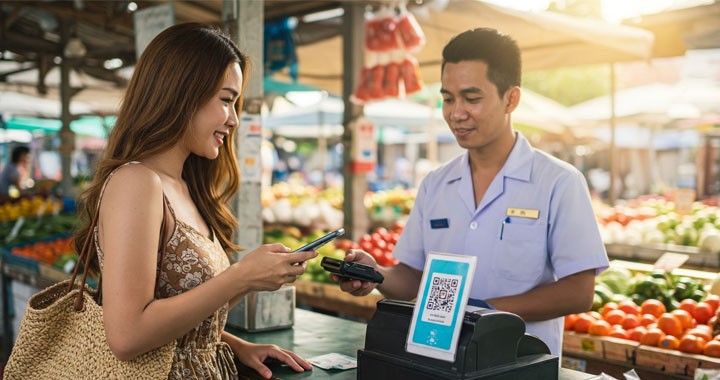
While digital payments have gained rapid popularity, cash remains widely accepted across China. That said, some smaller businesses may not have enough change for larger bills. To avoid inconvenience, it's advisable to request smaller denominations (such as 10, 20, and 50 RMB) when exchanging currency, especially for taxis or minor purchases.
Credit cards are not as universally accepted as they are in Western countries. Larger businesses like hotels, upscale restaurants, and major retailers typically accept foreign credit cards, including Visa, MasterCard, and American Express.
Getting Cash in China
You can exchange your home currency for Chinese yuan (RMB) either before leaving or upon arriving in China. Currency exchange counters are available at major international airports, including Beijing Capital International Airport and Shanghai Pudong Airport. You can also exchange money at banks or even at some 5-star hotels, which offer currency exchange services.
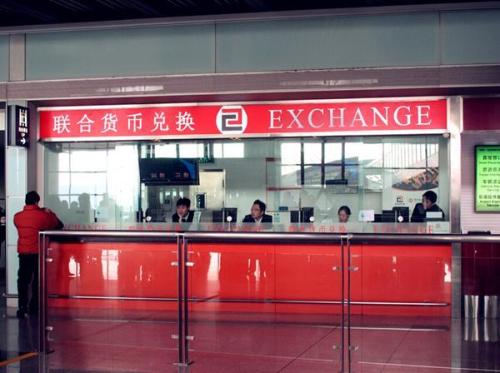
A money exchange counter at Beijing Capital International Airport
ATMs are readily available in both large cities and smaller towns throughout China. Most ATMs accept international bank cards and feature English-language interfaces for easier navigation. Typically, the exchange rate at ATMs is better than at currency exchange counters or hotels.
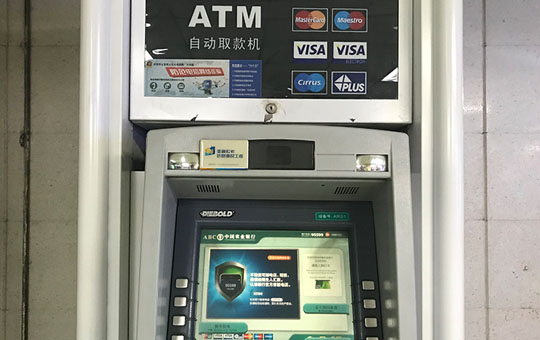
An ATM that supports foreign bank cards
When using an ATM, stick to machines operated by major banks like the Bank of China, China Merchants Bank, ICBC, or HSBC to ensure compatibility with foreign cards. Not all foreign cards are compatible with every ATM, so check for signage indicating which cards are accepted.
Best Practices for Travelers to China
If you’re planning a trip to China, it’s highly recommended that you set up Alipay or WeChat Pay before your arrival. These mobile payment systems will simplify your transactions and provide greater convenience during your stay. (Learn how to set up Alipay for mobile payments)
Additionally, it's a good idea to carry at least two different types of credit cards (such as Visa and MasterCard) for larger purchases and two types of debit cards for withdrawing cash from ATMs.
Keep in mind that using foreign bank cards in China may incur foreign transaction fees or exchange rate charges. Always check with your bank or card provider to understand any fees or limitations that may apply when using your card in China. Also, it’s a good practice to notify your bank about your travel plans to avoid any issues with your card being flagged for suspicious activity.
Lastly, to be on the safe side, consider carrying some US dollars or euros in cash and exchanging them for Chinese yuan, in case your bank cards don’t work or you encounter other payment difficulties.
—
The China Guide is a Beijing-based travel agency that customizes private tours and educational student tours across China. We have more than fifteen years of experience crafting tours for tens of thousands of travelers from the United States, Canada, Australia, the United Kingdom, Germany, France, Spain, and beyond. We promise all our tours have no hidden fees, no shopping stops, no touristy restaurants, just memorable experiences! Learn more about us or contact us to start planning your perfect China trip.


